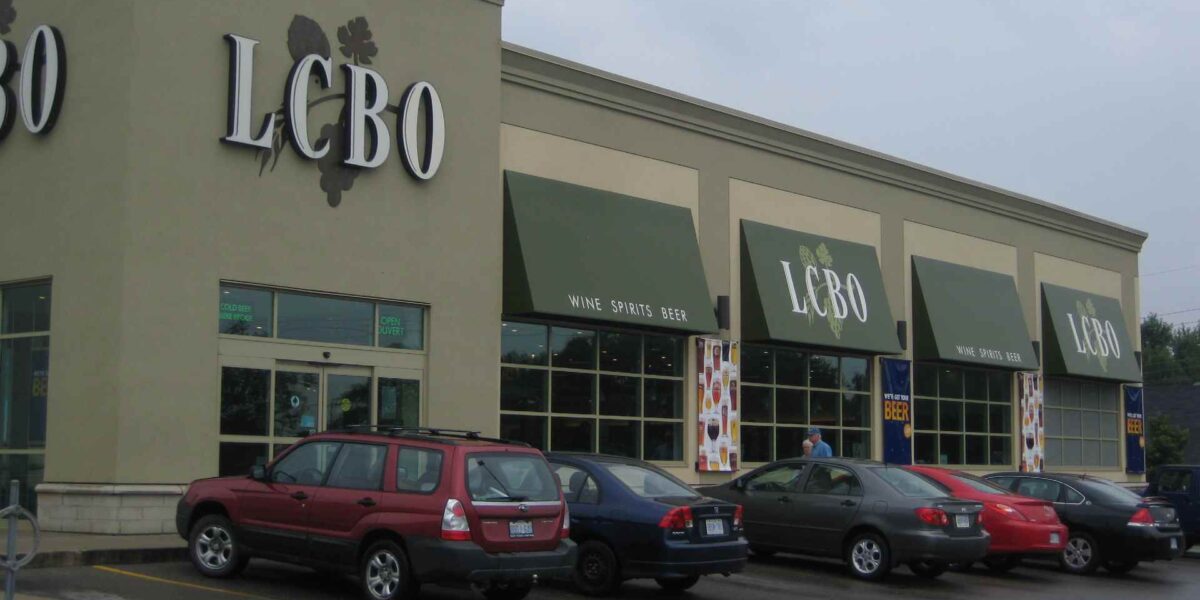There are a lot of things that can be hard to get in Ontario — a job, a home, an ambulance when you need it. But one thing that’s rarely difficult to get in Ontario is a drink.
Given how easy it’s been to purchase alcohol in the province, it’s odd and a little infuriating that Premier Doug Ford is putting great effort — and considerable taxpayer money — into making alcohol even more widely available.
Meanwhile, when it comes to things that actually do matter in our lives — like access to excellent health care and education — the premier is always scrimping, seriously underfunding these vital public services.
The Liquor Control Board of Ontario (LCBO), a crown corporation, has been doing a fine job selling alcohol — not exactly a risky enterprise requiring a lot of innovation — through its 677 outlets across the province.
And since it is publicly owned, its healthy annual profit — $2.5 billion in 2023 — goes into the public treasury, where it pays for things like health care and education.
Ontarians have long seemed satisfied with this reasonable arrangement.
But business interests and the pro-business media have long been opposed. In an editorial this week, The Globe and Mail objected to the very existence of the LCBO, insisting that governments should raise revenue through taxes, not through competing with the private sector.
Yet the Globe is quick to denounce any tax increase (certainly any tax increase that impacts corporations or rich people). Indeed, given the business community’s hostility to taxes, it would be quite a challenge to raise taxes enough to replace the $2.5 billion in revenue the government receives each year from the LCBO.
Furthermore, it’s doubtful that Ontarians would want to pay higher taxes so that more profits from alcohol sales could go to highly-profitable grocery store chains.
While the government isn’t shutting down the LCBO (at least not yet), its plan to move alcohol sales increasingly to private retail stores will be costly for Ontario taxpayers.
To begin with, Ford recklessly threw away $225 million (to cancel the province’s contract with the Beer Store a year early, in order to begin its increased privatization plan this summer).
Once all the LCBO’s lost revenue is factored in, the full cost to the public treasury of this privatization will likely be higher — possibly close to a billion dollars.
This needless waste of public money seems to be driven, at least in part, by Ford’s hostility to public sector unions. Certainly, selling ever more alcohol in retail stores poses a threat to the relatively well-paying unionized jobs at the LCBO, which is why LCBO workers are on strike for the first time.
Ford’s keenness to undermine public sector unions makes a mockery of his claim to be concerned about the affordability crisis facing Ontarians. Nothing contributes more to the affordability crisis than low-paying jobs.
If he were truly interested in ensuring Ontarians can afford a decent living standard, he’d support unionized jobs, not try to replace them with low-paying jobs in convenience and grocery stores.
Like so much this premier does, the basic animating force appears to be a zealous desire to privatize, to hand over ever more of our province to private interests, to further cannibalize Ontario’s strong tradition of public services and public enterprises that have served the province well.
Ford is following the path of former Progressive Conservative premier Mike Harris, whose needless privatizations produced some disasters for Ontario.
Harris’ privatization of Highway 407 has cost us billions, his water-testing privatization was a factor in seven water-contamination deaths in Walkerton, and his privatization of long-term care homes worsened the COVID crisis, with death rates four times higher in private homes than in public ones.
I’d gladly forego the joy of being able to pick up a ready-made cocktail at Loblaws so that hundreds of millions of dollars could be redirected to our ever-closing emergency wards.
This column was originally published in the Toronto Star.



